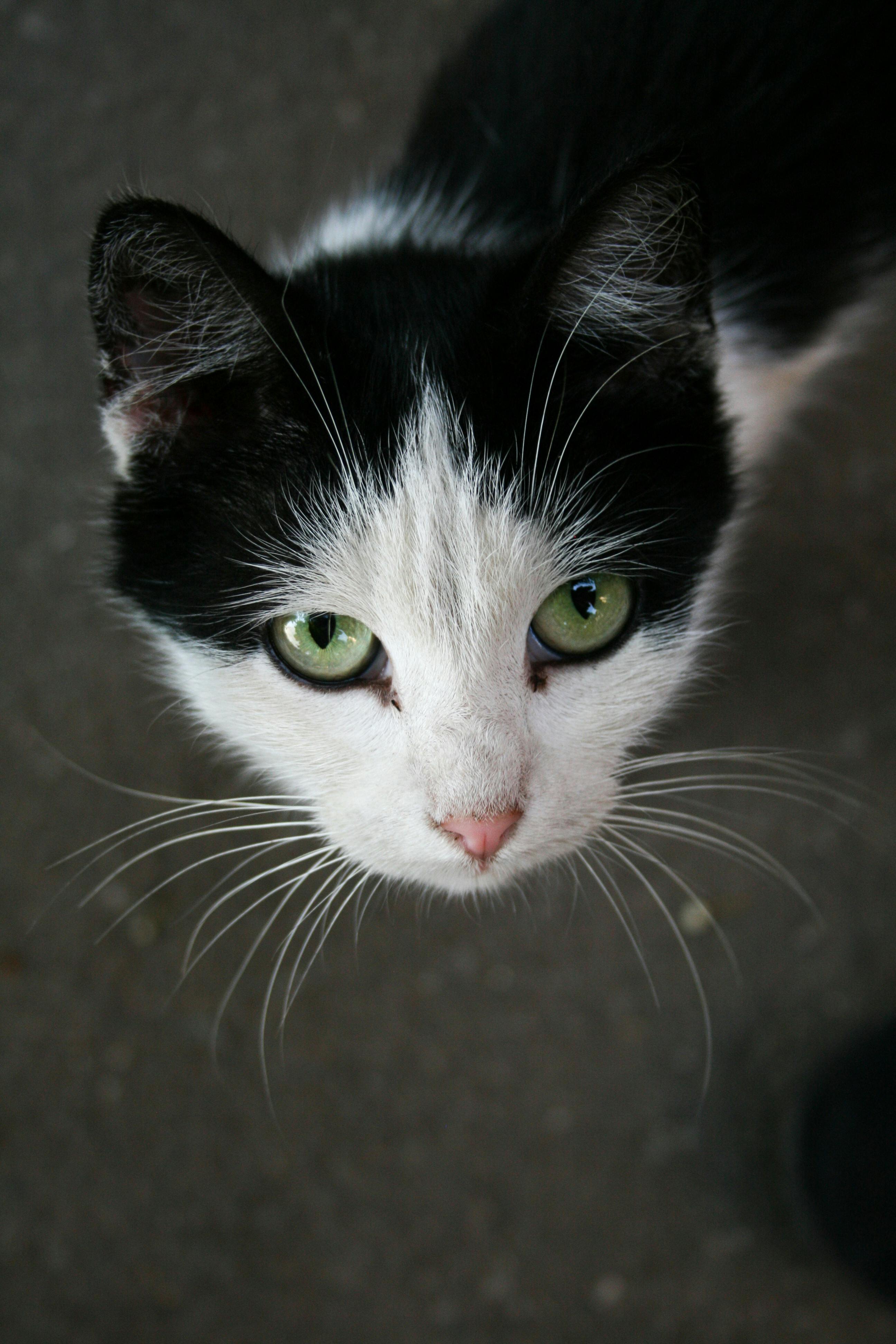
Like the Devon Rex, the curly hair and affectionate personality of Cornish Rex cats make them popular pets. So, if you are away from home for long periods of time, the Devon Rex may not be the best breed for you. This breed is affectionate and intelligent, but they need a lot of attention from their family. With short, curly hair, the Devon Rex is another one of the best cats for allergies.
BLUE GREY TABBY CAT SKIN
But that lack of hair doesn’t mean they don’t need to be groomed-for their skin to remain healthy and free of oil, they need regular maintenance. Sphynx cats can be completely bald or have a thin layer of peach fuzz, but all produce fewer allergens than many furry breeds. Sphynx Photo credit: iStock/Drazen_Ĭompared to other cat breeds, Sphynx cats have a unique hypoallergenic quality: their near-nakedness. These calm kitties can be shy around strangers and may take some time to warm up to new people. Hypoallergenic Russian Blue cats have an affectionate personality and a quiet nature that make them popular pets. Russian Blue Photo credit: iStock/Drazen_ But these energetic and intelligent cats can be a handful for the unsuspecting pet parent, and some cities have regulations-or full-on bans-in place against them. Their gorgeous, spotted short coat comes from their Asian leopard cat ancestors, giving them a wild appearance that makes them stand out.

Bengal Photo credit: Adobe/inguskīengal cats are a unique hypoallergenic breed.

However, they can be demanding in terms of attention and aren’t a good fit for families that are often away from home. Known for their vocal nature and adoration for their pet parents, Siamese cats have a lot to offer. This means they don’t produce as many allergens as some other breeds. While there are zero non-shedding cats, this blue-eyed feline has a short coat that doesn’t shed heavily. Siamese Photo credit: Adobe/VesnaĪnother hypoallergenic cat is the Siamese. Along with being a good cat for allergies, Siberians are friendly, affectionate, and make great family pets-if you can keep up with their regular grooming needs.

Despite having thick, long hair, they produce less allergen-causing proteins than many other cats. Siberians are a popular hypoallergenic breed. Keep in mind that, before bringing home a “hypoallergenic” cat, spend time with the breed to determine how your allergies react. Here are some of the most common cat breeds for people with allergies. There is no such thing as a completely hypoallergenic cat, but certain breeds might be a better fit for some people who sneeze and itch around kitties. While all cats produce allergens in their fur, saliva, and urine, some breeds (commonly called “hypoallergenic cats”) produce lower levels of the proteins that trigger allergies. That said, there are some “hypoallergenic” cats that can be a good fit for your allergies. But if you’re allergic, opening your house to a feline friend can be … complicated.


 0 kommentar(er)
0 kommentar(er)
